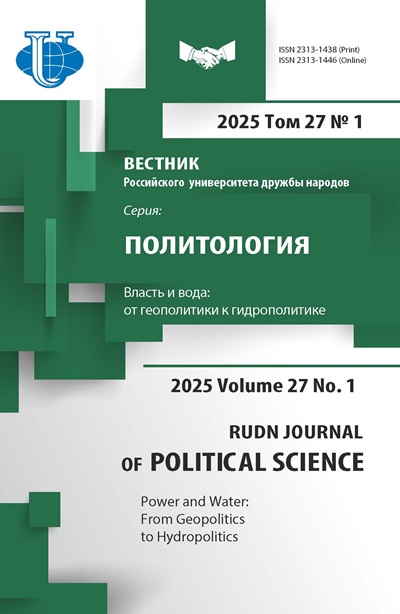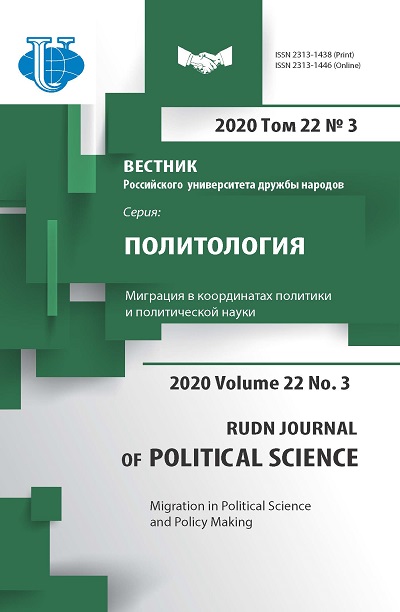Abstract
Based on statistics of the General Administration for Migration Issues of the Ministry of Internal Affairs of Russian Federation, article examines dynamics and scale of circular migration between Russia and CIS countries between the years 20162019, prior to socioeconomic crisis caused by the coronavirus pandemic. Article attempts to assess adequacy of indicators used by current accounting methodology for analyzing migration situation. Author analyzes development of circular migration exchange, including the processes of explicit and clandestine labor migration, in regional context (Central Asia, Transcaucasia, Western CIS countries). Reasons for multidirectional dynamics of migration flow between Russia and certain CIS regions are identified, having to do with the size of their demographic potential, presence of excess working population, and capacity to access Russian and European labor markets. As an indicator of perception for immigration from Southern, predominantly Muslim CIS countries and related problems, data from all-Russian sociological surveys are used. Study shows the discrepancy between prevalence in expert community which is widely replicated in media statements about declining influx of migrants into Russia in recent years, moreover real development of migration situation, which develops in the opposite direction.
















